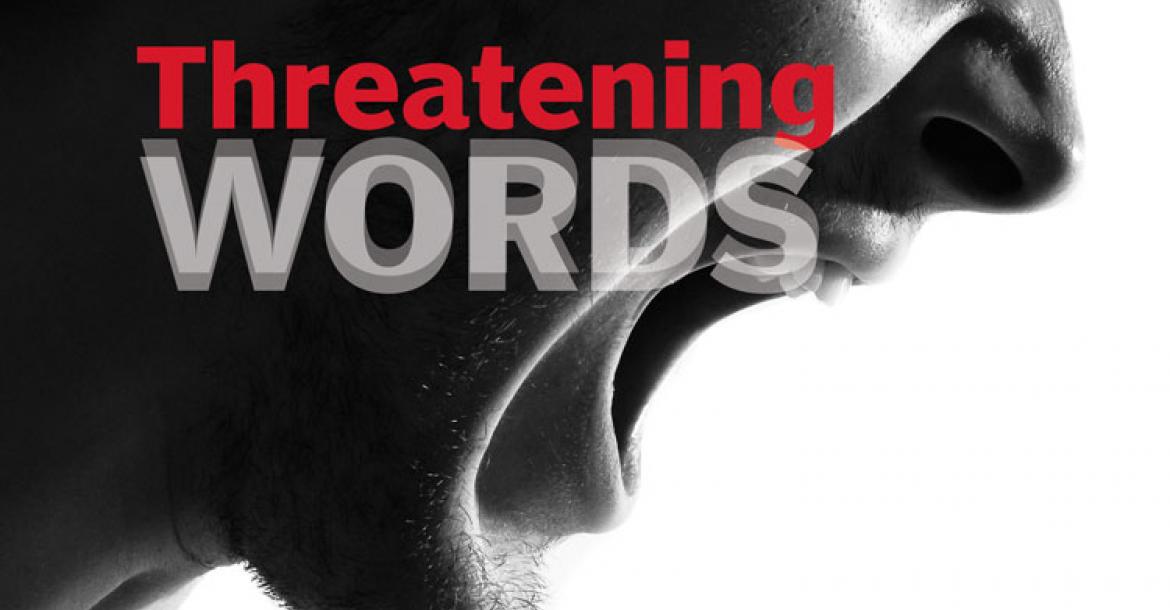True Threats, Judging the Intent: If it’s a crime, it should provide Equal Protection for All Belizeans
By: Omar Silva, Editor National Perspective Belize
Belize City Monday, 9th October 2023
In a significant stride towards a more equitable legal landscape, Belize is witnessing a pivotal amendment to the Criminal Code, Chapter 101. This crucial change in the law should signify a shift towards ensuring that every citizen, without exception, enjoy equal protection under the law. The amendment's significance lies in its commitment to making the law applicable to all, rather than just a selected few as initially envisioned.
Initially, the amendment to the Criminal Code drew attention for its primary focus on providing additional protection for specific selected groups, including prosecutors, judicial officers, public officers, members of the media, teachers, elected officials, and security-related personnel. While recognizing the importance of protecting these individuals in public life, it became increasingly apparent that the law must extend its protective reach to encompass all citizens, irrespective of their profession or status.
One group that has come under close scrutiny is the police force. As representatives of law enforcement and justice in Belize, police officers have, on occasion, faced allegations of violating the rights of individuals in their custody. Such violations often involve threats or the use of intimidating language, even before suspects reach the police precinct to face formal charges.
The profound significance of this amendment lies in its determination to ensure that the law applies uniformly and impartially to all citizens. Police officers, in uniform or not, should be held to the same legal standards as any other citizen. Consequently, if a police officer places a gun to the head of a suspect or threatens a suspect with words, they must be subject to legal scrutiny and potential prosecution if found to be in violation of the law.
The amendment underscores the government's unwavering commitment to establishing a legal framework that guarantees equal protection for every Belizean. It is essential to understand that the amendment's intent is not merely to provide preferential protection to specific groups but to extend equal justice under the law to all citizens. This includes individuals who may not hold public positions but are equally entitled to the safeguarding of their rights and security.
In conclusion, the amendment to the Criminal Code, Chapter 101, signifies a monumental stride towards creating a more just, equitable, and inclusive society in Belize. By focusing on equal protection and emphasizing that the law applies to every citizen, regardless of their background or profession, Belize is forging a path toward a legal system that ensures fairness and justice for all.
- Log in to post comments




